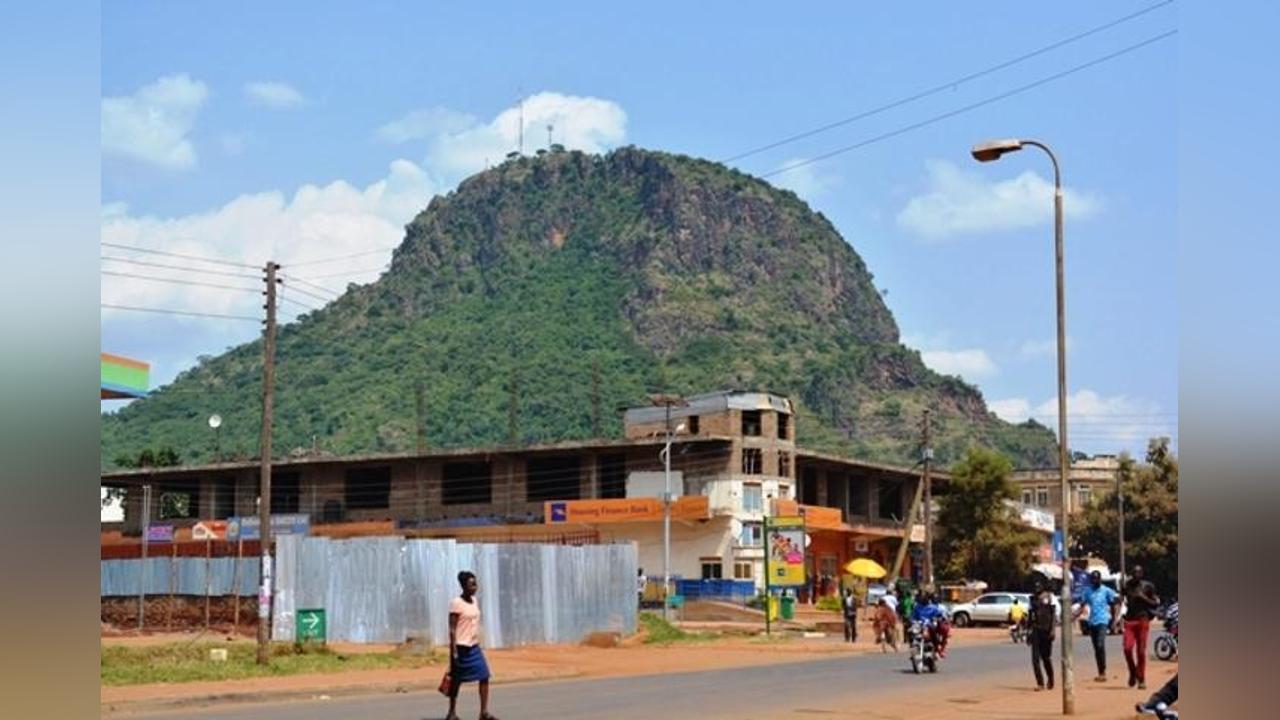Africa-Press – Uganda. The government has come under fire from lawmakers over what they describe as glaring double standards, after President Museveni directed the carving of two additional districts from Tororo—despite the state’s consistent failure to operationalize five cities previously approved by Parliament.
The new administrative move, which would see Tororo split into three districts, has ignited outrage across the political aisle and reignited a long-standing debate on Uganda’s growing list of underfunded administrative units.
“The government is clearly playing a political game here. On one hand, they say there’s no money to operationalize cities. On the other, they’re rushing to create more districts. It doesn’t add up,” said Ethel Naluyima, the Shadow Minister for Local Government.
Naluyima pointed out that while Parliament approved the creation of cities such as Hoima, Jinja, Arua, Mbarara, and Fort Portal, funding for their full functionality has stalled for over two years.
“How do you justify creating more districts when the very cities Parliament passed are still not operational? We want to know: who is telling the truth?” she demanded.
Adding fuel to the fire, legislators from the eastern region, especially Tororo, expressed both frustration and skepticism over the president’s directive.
Sarah Opendi, Woman MP for Tororo District, warned that the decision could worsen already fragile local political dynamics.
“Carving Tororo into three is not just about administrative convenience—it’s a political bombshell,” Opendi said.
“People are still healing from past divisions. Instead of healing, we’re deepening scars. Where is the money going to come from to run these new districts?”
Chamswet Abdi, MP for Soi County, echoed her concerns, stating that the creation of new districts should not be a populist move but rather a well-thought-out strategy aligned with national planning and fiscal capacity.
“We need clarity from the executive. Is this about service delivery or political appeasement? Because right now, it feels like the latter,” Abdi said.
The uproar comes at a time when Parliament is increasingly cautious about endorsing new administrative units, citing the fiscal strain on national resources and the persistent inefficiency in the implementation of already approved cities.
“This is a pattern we’ve seen before—new units are announced with fanfare, but they remain shells for years. It’s a betrayal of public trust,” Naluyima added.
Some legislators have gone further to accuse the government of sowing regional divisions by selectively prioritizing certain areas over others. “Why Tororo, and not Mityana or Rukungiri or anywhere else?” Opendi asked. “This selective attention is sowing seeds of disunity.”
As pressure mounts, the question remains: will the government justify its decisions with a clear road map and budgetary allocations, or will this be yet another addition to Uganda’s long list of political promises and paper cities?
For More News And Analysis About Uganda Follow Africa-Press






